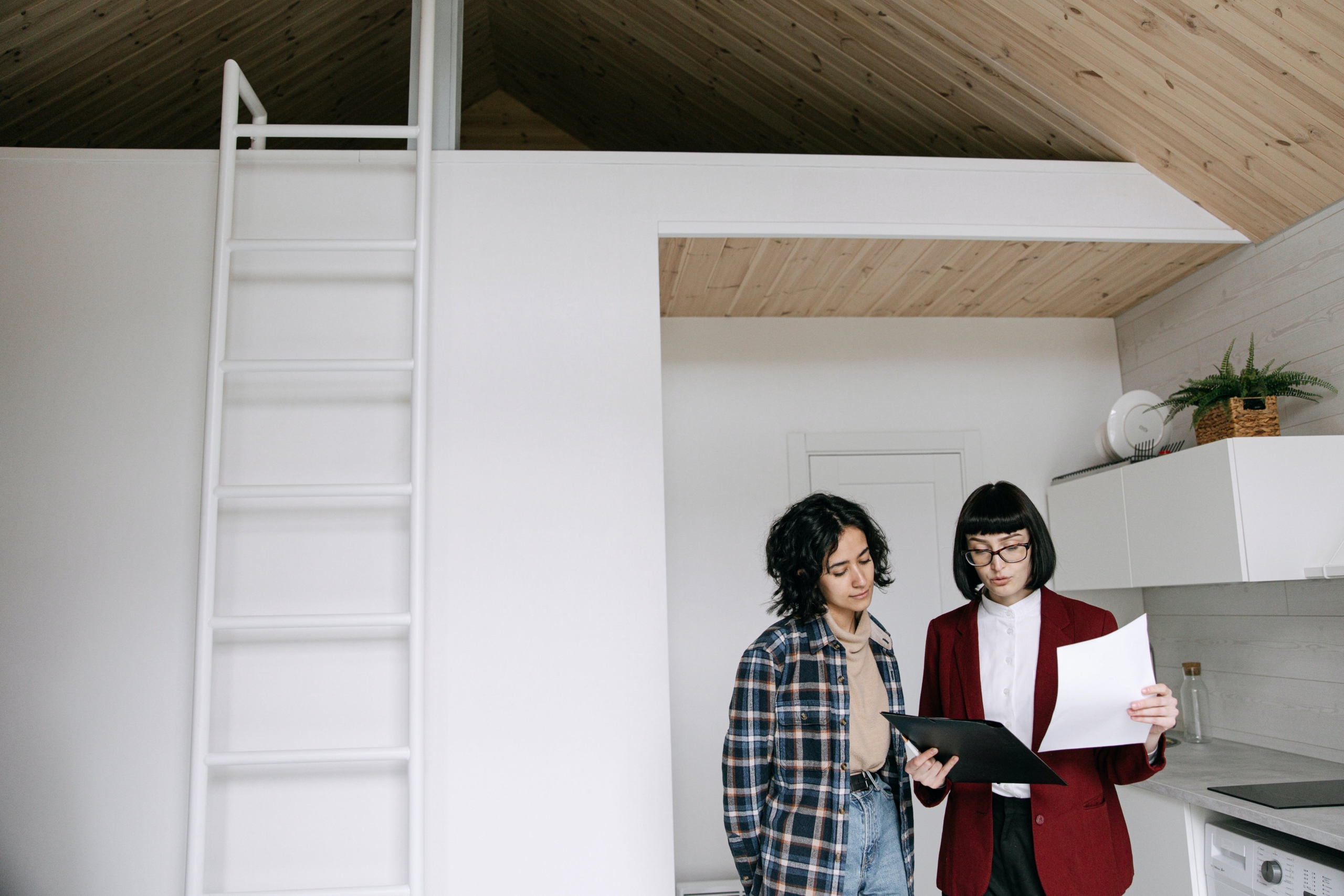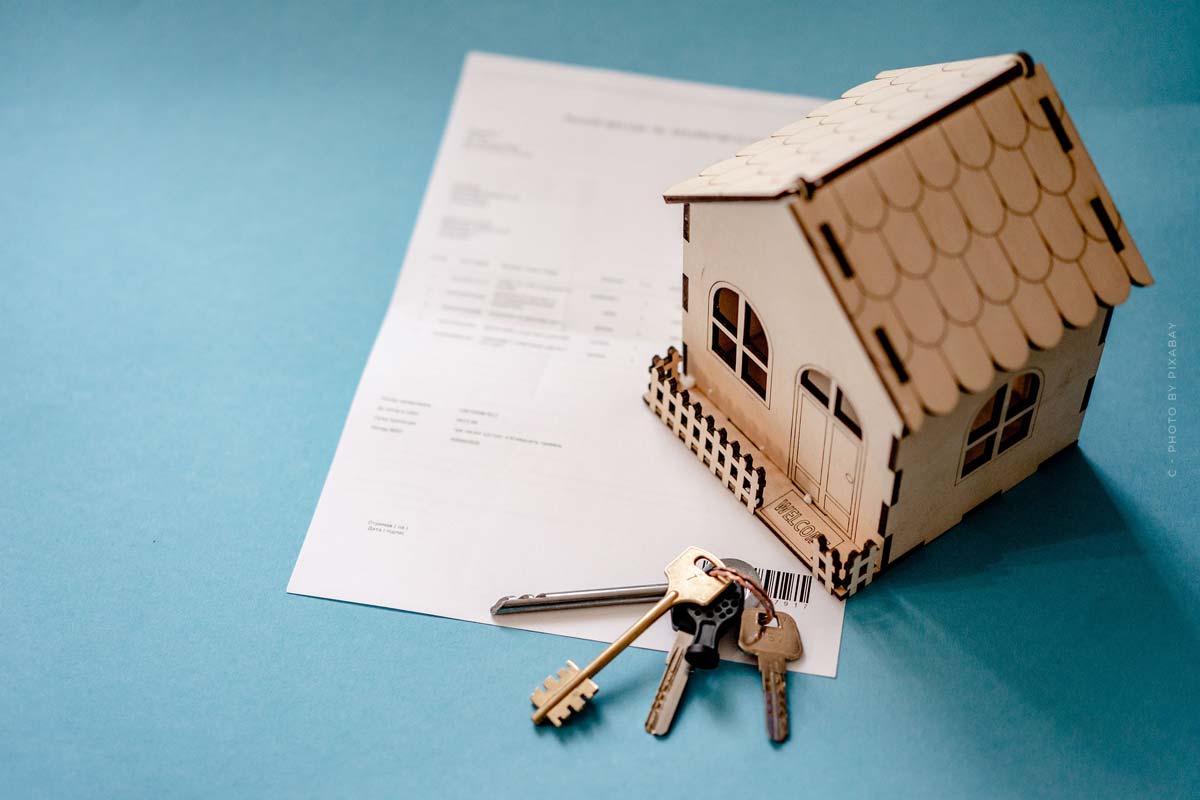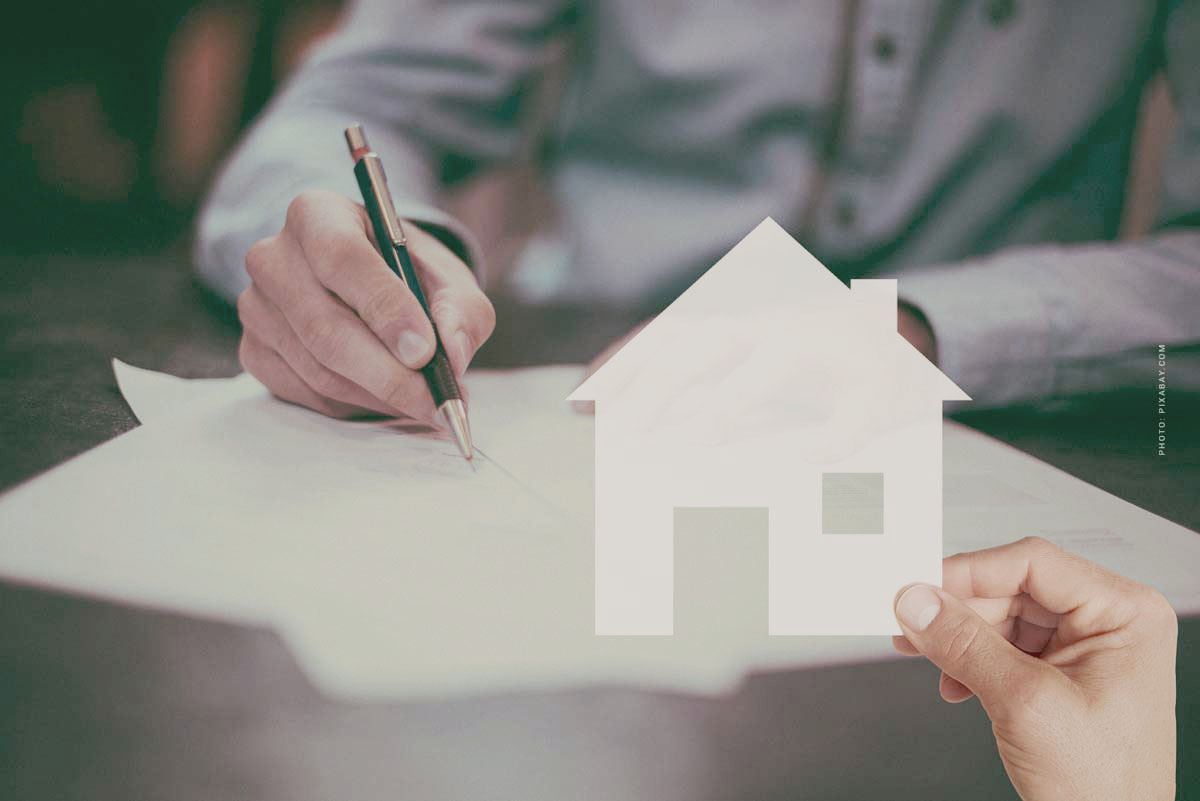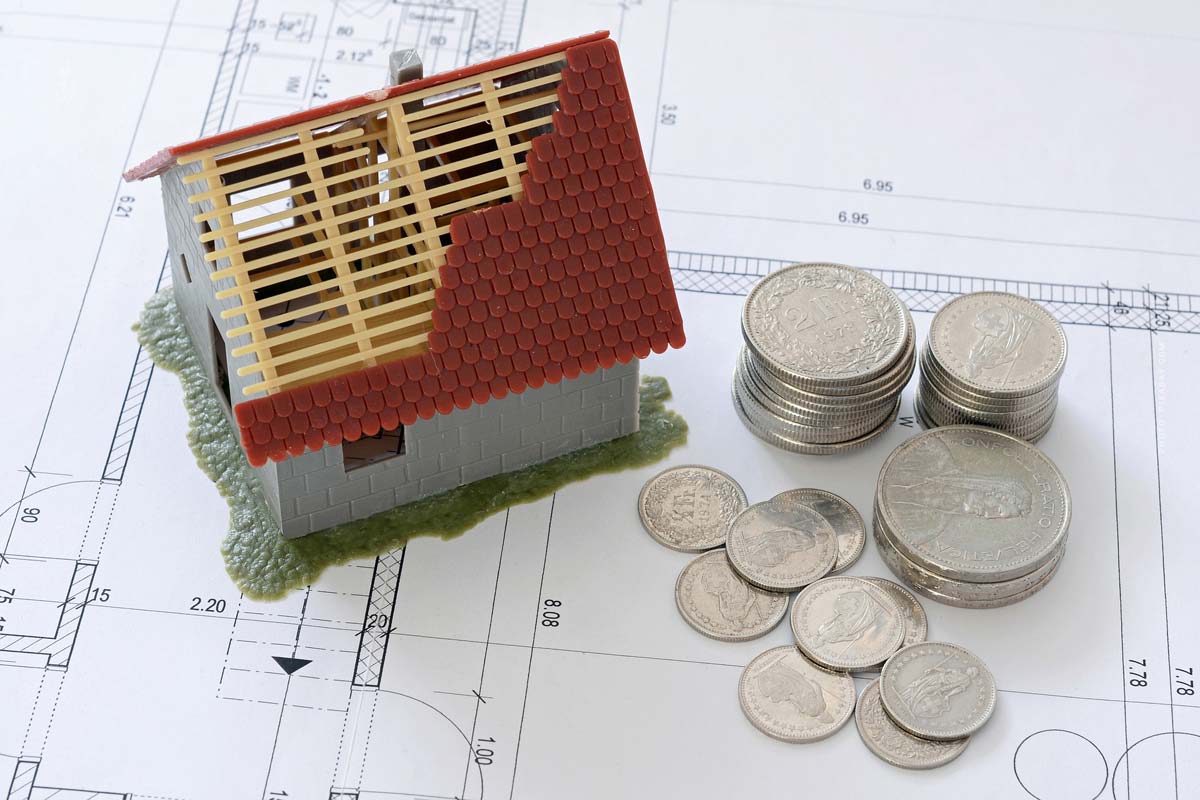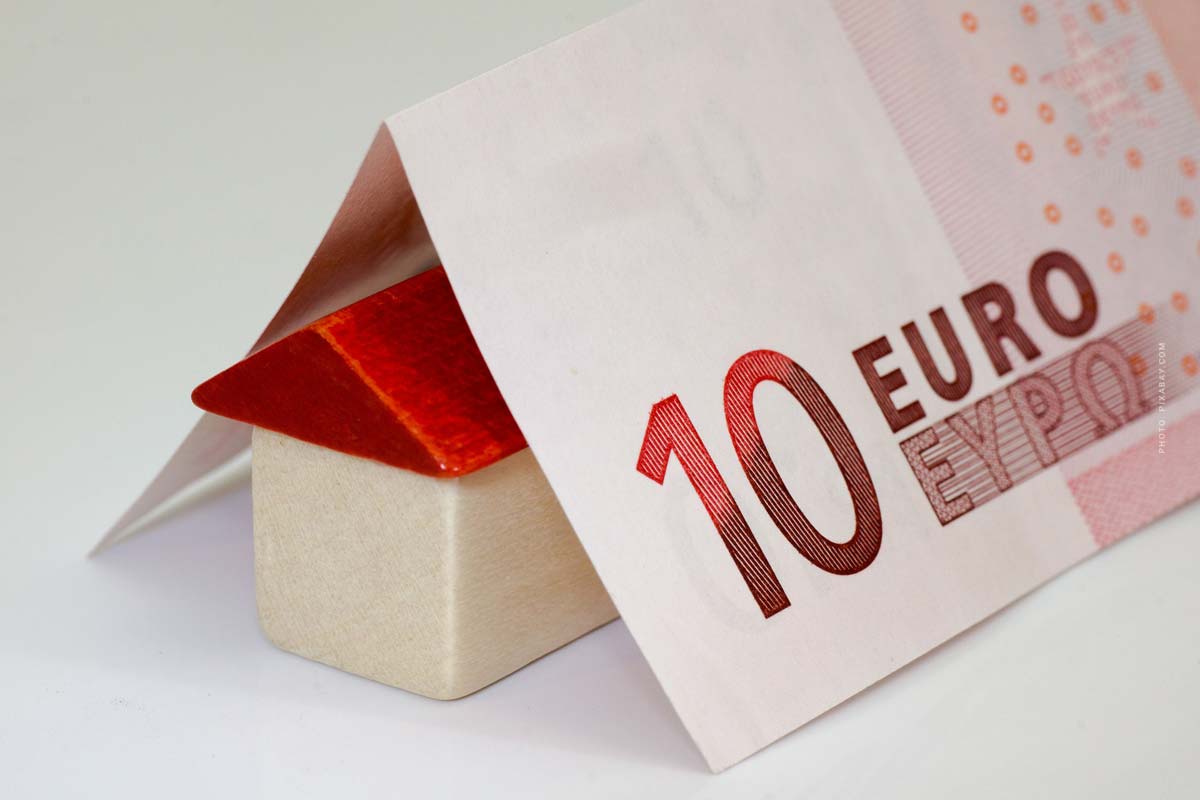Determine maximum purchase price: Creditworthiness, equity & Co. – 4 steps to creditworthiness
Purchase price amount – How much property can I afford at all? This question is at the beginning of the purchase process of perhaps the first home and depends on many factors. These include your creditworthiness and self-disclosure, in terms of assets, the monthly balance of assets (repayment), the equity and the mortgage lending value of the property to be financed. Here you will learn everything you need to know to determine the maximum purchase price.
Buying real estate: What can I afford?
In order to buy a property of a certain value, it is usually necessary to take out a loan from the bank in addition to the equity capital. The bank determines the amount of credit it will pay out to certain people, which in turn is tied to factors.
Factors to narrow down the amount available:
- Credit rating & self-disclosure
- Mortgage lending value of the property
- Equity in relation to credit rating
- Monthly load
Step 1: Creditworthiness and self-disclosure
In order to finance a property, your creditworthiness should be established for the first time at the bank with the help of a structured self-disclosure.
Self-disclosure: decision support of the bank
The self-disclosure is an overview of your financial situation. It gives the bank an insight into your current financial situation and is therefore an important basis for decision-making. The amount of the loan and the conditions of the financing depend on it.
Creditworthiness: The company’s own assets
Creditworthiness must first be checked by the bank. For this purpose, assets and liabilities are compared. Important: The asset balance must always be positive! If this is the case, one is creditworthy. If this is not the case, it means that the lower the creditworthiness, the more equity capital must be raised.
Creditworthiness therefore means:
- The higher the credit rating, the lower the equity ratio
- The lower the credit rating, the higher the equity ratio
Step 2: The mortgage lending value of the property
There is a market value (market price) and a mortgage lending value (market value less 20%).
Market value
The market value describes the expected achievable sales price of a property, under the current market conditions.
Collateral value
The mortgage lending value is usually about 20% below the assessed market value. Banks value real estate deposited as collateral (financing) lower than the market price. Simply put, this is the amount the bank would get in any case in the event of a sale or even a forced auction.
Step 3: Equity in relation to credit rating
In principle, 20% equity is required when financing a property. The fact that creditworthiness and credit standing play an important role was made known in step 1. However, the 20% does not always apply, because the amount of equity primarily depends on the creditworthiness and the determined mortgage lending value.
- Standard is 20% equity
- Credit rating: reduces equity
- Purchase price: reduces equity (if below market price)
Step 4: Monthly charge
Here the bank is interested in your monthly income and expenses. The available income is crucial for the repayment of interest and principal. If this is too low and the expenses too high, this can lead to a poorer credit rating.
- Monthly income and expenses
- Decisive for repayment of interest and principal
Conclusion: How much real estate is it in the end?
As an employee with regular income and a well-structured self-disclosure, it should be no problem to come to an equity ratio of 10%. The amount of the purchase price then results from the following calculation:
- Equity x 10 = Purchase price of the property
Here you can find out even more about the maximum purchase price of a property/ Immobilien-Erfahrung.de
8 mistakes when buying real estate: location, owner-occupancy &resale value
Mistakes always like to creep into the purchase process of a property. Whether it’s a bad location of the property, reasons against self-interest or a purchase out of emotion – mistakes cost you a lot of money. In order to avoid this, we have put together a guide for you, with which you are guaranteed never to make a mistake again when buying your next property.
The next step: rental yield and purchase price factor
How do I find good yield real estate? This question is mainly asked by capital investors, as they are mainly looking for positive and fastest possible cash flow. With a sufficient return, you are lucky that the tenant pays off the property you buy. Here you’ll learn all about how to earn the best rental return.
Self-disclosure for the bank: buy house & apartment
You want to buy your first apartment or house and the bank wants a self-disclosure from you? Learn here what a self-disclosure is, what it says and download a free PDF template that you can use to convince your bank!




